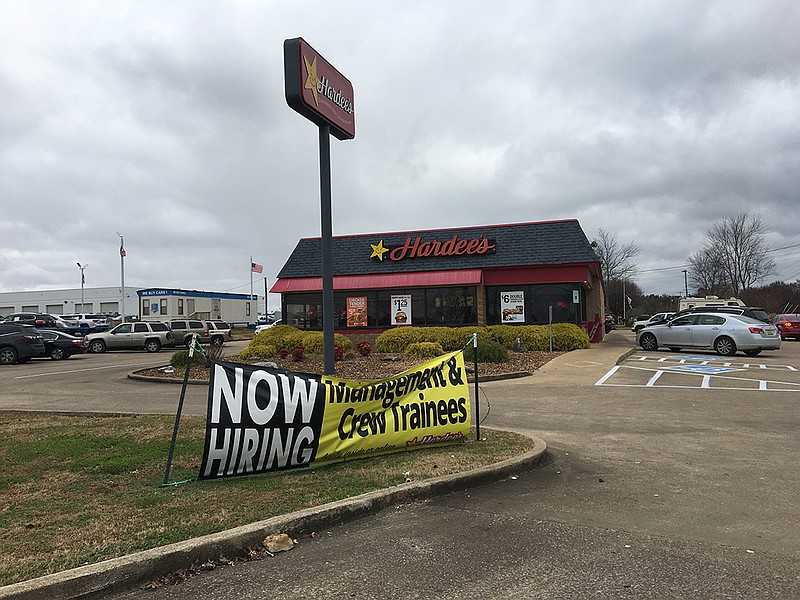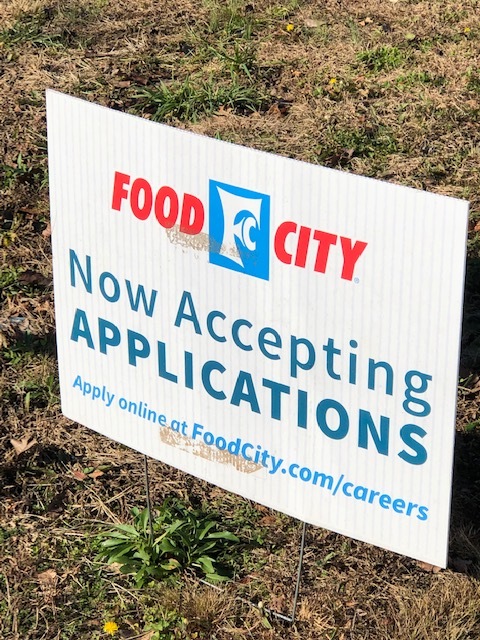Tennessee outlook for 2019
› Economic growth of 2.6 percent, down from 2.7 percent this year› Unemployment average of 3.6 percent, up from 3.5 percent this year› Nominal personal income growth of 4.3 percent, up from 4.25 percentSource: University of Tennessee Boyd Center for Business and Economic Growth
Tennessee's economy will reach its longest sustained period of growth in the post-World War II era next year and, barring an unforeseen economic shock, the aging recovery isn't expected to slip into a downturn or recession for at least the next couple of years, according to the state's top economists.
In the annual economic report to the governor, the University of Tennessee's Center for Business and Economic Research predicts Tennessee's economy will continue to grow through at least 2020, albeit at a slower pace than in the past few years.
Despite the recent market correction on Wall Street and fears of higher interest rates, import tariffs and labor shortages, University of Tennessee Economist Matt Murray said the economy of the Volunteer State remains robust and likely to continue to remain strong, especially in metro areas like Chattanooga.
"The economy is doing very, very well and we expect the economy in 2019 to remain relatively robust," Murray said Monday in releasing the new economic forecast.
Unemployment in Tennessee fell to an average 3.7 percent last year and is projected to drop to a mere 3.5 percent for all of 2018 - near an historic low and a level where everyone looking for a job should be able to fine one.
The stimulative impact of the tax cuts adopted by Congress a year ago will dissipate and higher interest rates, a stronger dollar and a tight labor market will make borrowing, exports and labor more expensive, Murray said.
But wage gains should be bigger next year, helping to boost worker income and spur more discouraged workers back into the labor market.
"The low unemployment rate in combination with strong job growth points to an economy that is cruising along at or near "full employment"- the idea that everyone who is willing and able to work is employed," Murray said. "While that is a good sign, it does suggest that there is limited room for future growth."
Unemployment is forecast to stay near its current levels through 2020 and rise gradually above 4 percent by 2022.
The tight labor market may squeeze employers looking for more workers, but it should help the bargaining power of most employees and lead to bigger annual wage increases, Murray said.
"We're actually forecasting that the average wage should show some acceleration in 2019 and 2020 relative to recent history and the wage growth that is showing the greatest gains right now is for the more poorly skilled individuals," Murray said. "Due to upward pressure from an already tight labor market, nominal personal income will continue to grow at a healthy clip, advancing 4.3 percent in 2019 and 4.5 percent in 2020."
Personal income reflects the gains in wage rates, the increased number of workers on the job and other income gains from business, rental income and investments.
Murray forecasts that the Tennessee's economy will grow by 2.7 percent in 2018 and 2.6 percent in 2019 before slowing to only 1.9 percent growth in 2020.
The fastest growth in Tennessee is expected to continue in Nashville, Chattanooga and other metro areas, while rural parts of the state, particularly in West Tennessee, are expected to continue to shed jobs and population. From 2008 to 2018, the population fell in 27 of Tennessee's 95 counties, all of them in rural areas including Grundy County in Southeast Tennessee.
"We're continuing to see the divergence between urban Tennessee and rural Tennessee widen with population and job outflows from a number of rural counties," Murray said. "The move to urban areas reflects not only where businesses want to do business, but it's also increasingly where people, especially millennials, want to live. More workers want to live where they can bike or walk to work or shot or go out to eat. It's a trend we're seeing across the country."
Hamilton County grew by 10.7 percent in the past decade and is projected to grow another 7.5 percent in the next 10 years, according to population forecasts by the University of Tennessee.
Charles Wood, vice president of economic development for the Chattanooga Area Chamber of Commerce, said he is optimistic about the local economy in 2019 given the level of interest in the region. But he cautioned against complacency in a dynamic economy were jobs are constantly in flux.
"If you are not growing, you are dying," he said. "We have a very high activity level for December, but while project activity is really high, decision making is really slow. A lot of companies are looking at new locations to grow, but there is some anxiety and concern that the significant growth we have seen won't continue forever."
In 2018, the Chamber counted 12 major new businesses and eight expansions of existing businesses in Hamilton County that collectively added more than 2,000 direct jobs from nearly $750 million of investment.
Contact Dave Flessner at dflessner@timesfreepress.com or 757-6340.


